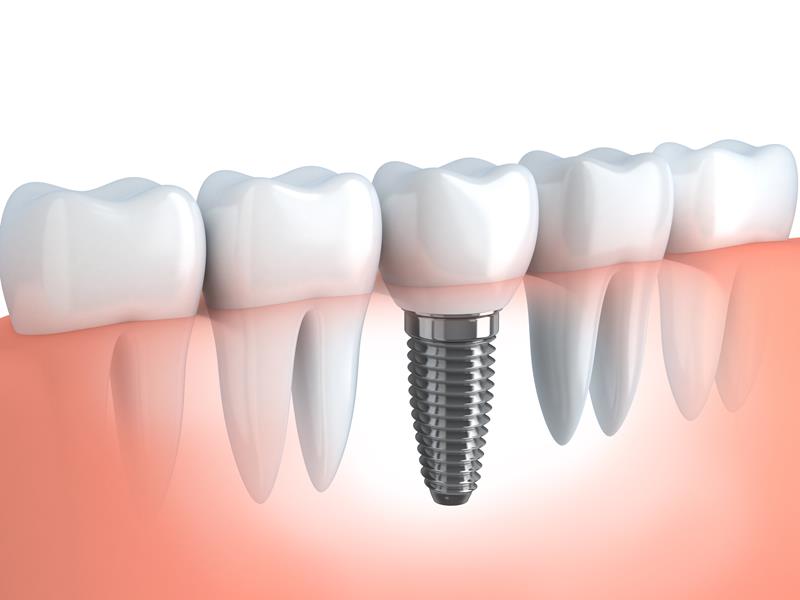
Welcome To
Song Oral Surgery
Welcome to Song Oral Surgery, located in the Inner Richmond near Laurel Village. We serve patients from the San Francisco Bay Area, across the U.S., and internationally. Our Board-Certified or Board-Eligible surgeons stay current with the latest medical advancements to provide safe and effective care.
With extensive training in oral and maxillofacial surgery, our team offers a full range of procedures, including wisdom tooth removal, dental implants, TMJ treatment, corrective jaw surgery, and more. We are on call after hours and on weekends to ensure continuous patient support.
Meet Our Doctors
Dennis Song
DDS, MD
Dental School: University of San Francisco Medical School: University of California Davis Internship: University of California San Francisco Reside...
Read MoreRishi Jay Gupta
DDS, MD, MBA, FACS
Dr. Rishi Jay Gupta is a native of Walnut Creek, CA and earned his Bachelor of Arts (B.A.) in Molecular and Cell Biology at University of California, ...
Read MoreStephen Thaddeus Connelly
DDS, MD, PHD, FACS
Dr. Stephen Thaddeus Connelly was born in New York and obtained a Bachelor of Science (B.S.) in Biology from the University of Miami in Florida. He th...
Read MoreRebeka Silva
DMD, FACD
Dr. Rebeka Silva was born in New York and obtained a Bachelor of Science (B.S.) in Biology from Syracuse University. She went on to obtain her Doctor ...
Read MoreFatima Mashkoor
DDS
Dental School: Virginia Commonwealth University, School of Dentistry Internship: The Brooklyn Hospital Center Residency: NYC Health + Hospitals/Wood...
Read MoreOur Services
At Song Oral Surgery, we pride ourselves to provide personalized care. Our doctors treat each individual person according to their needs and tailor each treatment plan to achieve the goal of our patients.

Dental Implants
Dental implants provide a long-lasting solution for missing teeth, restoring both function and appearance. Our surgeons use advanced techniques to ensure precise placement and optimal results, offering patients a natural-looking and secure smile.
Learn More
Bone Grafting
Bone grafting is often necessary to strengthen the jaw before dental implant placement. We use state-of-the-art methods to rebuild bone structure, ensuring a solid foundation for future dental work and improving overall oral health.
Learn More
Wisdom Teeth
Wisdom teeth can cause pain, infection, or crowding as they emerge. Our team specializes in wisdom tooth extraction, using minimally invasive techniques to ensure a smooth and comfortable recovery.
Learn More
Patient Testimonials
Experience 5-Star Care
We’re thankful for the opportunity to serve our community. Hear what our patients are saying about their 5-star experience with us!
5 stars for sure! Had wisdom teeth (4 in one sitting)... read more
Carolyn C.
Dr. Gupta, Rachel, Jamie, and the staff at Song Oral... read more
Seher D.
The dental team is so caring and attentive that I want... read more
Arseny T.
Dr Conolly removed my wisdom tooth swiftly and painlessly!... read more
Brynne G.
Very efficient, very friendly and 'painless' oral surgery.... read more
Larry H.
Carolyn C.
5 stars for sure! Had wisdom teeth (4 in one sitting) extraction. Dr Rebekah Silva is such a professional who explained everything so clearly to and reassured me that everything will be ok. And she’s right. There were no surprises. Special mention to assistant Pat who is super efficient and who confidently carried on her tasks. Then to Dr Porshe and JM who helped with post-op. I am truly impressed. Thank you for doing such a great job!Seher D.
Dr. Gupta, Rachel, Jamie, and the staff at Song Oral Surgery are the absolute best that I’ve ever come across and I highly recommend them. I’ve been a patient of Dr. Gupta’s for over two years now, and he’s always so thoughtful, kind, and patient (especially with my millions of questions), and I feel like he truly cares about me and my teeth journey. I’ve had a tooth extraction, a bone graft, and an implant placed by him, and I wouldn’t trust anyone else drilling into my mouth 😂 His expertise and experience in the area really shows, and he really makes patients feel like they are each, individually, his sole focus. He’s very personable and easy to chat with. During a time of an urgent gum issue, the team got me set up with Dr. Silva for the next morning who was also amazing.Arseny T.
The dental team is so caring and attentive that I want to come back!Brynne G.
Dr Conolly removed my wisdom tooth swiftly and painlessly! I made an appointment at 3pm and had my consult and tooth out the same day. They do a follow up appointment 1 week later just to check in on healing—it shows that they really do care! I could have gone somewhere cheaper but opted to go here because of anxiety about the procedure. It has been a week now and I am feeling almost back to normal. The Dr was Professional and caring!Larry H.
Very efficient, very friendly and 'painless' oral surgery. Of the several practitioners that I've visited over the years for such procedures, Song is clearly the best BY A MILE !Our Location
Come Visit Us
We warmly invite you to experience exceptional care at our practice. Our facility is designed with your comfort and convenience in mind, featuring modern amenities and a welcoming atmosphere. Our dedicated team is here to provide personalized attention and address all your needs with professionalism and compassion.
